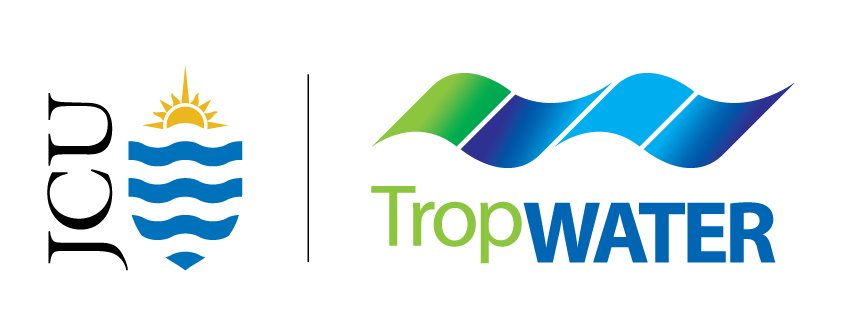
Great Barrier Reef
Location
Working with extension staff to help bridge the gap between science and farmers, to ultimately improve growers’ adoption of improved farming practices.
Providing critical resources, technical guidance, and training to empower growers in managing nutrient and pesticide runoff.
Establishing the Water Quality (WQ) Information Hub, a comprehensive website for validated scientific data and water quality resources accessible to all stakeholders, promoting collective action and sustainable practices.
Key points
Improving water quality science communication
Misinformation and miscommunication on water quality
Landholders hold a critical role in managing nutrient and pesticide runoff from their paddock into waterways connected to the Great Barrier Reef. Most farmers are environmentally aware and have a long and valued connection to nature, recognising good land management decisions benefits both their farm and the environment.
Despite this, the complexities of water quality science and media sensationalism has led to over three decades of misinformation and miscommunication directed at growers. This misinformation has widened the gap between science and farmers, resulting in a delay in the adoption of environmentally progressive farming practices.
Extension staff, who work closely with growers on the ground, are pivotal in bridging this gap and conveying strategies on how to reduce runoff effectively. Through water quality monitoring programs led by extension staff, growers have the potential to be empowered to adopt advanced management practices that directly mitigate paddock runoff.
Bridging the gap between science and growers
Our scientists are collaborating with extension staff throughout the Great Barrier Reef catchment to enhance their understanding of water quality science and how to effectively communicate it – paving a clear, strong, and united pathway forward.
This collaborative effort aims to expedite the adoption of sustainable farming practices, benefiting both landholders and the Great Barrier Reef ecosystem.
In response to the increasing complexities of water quality science, agriculture, and the Great Barrier Reef, our team is dedicated to supporting extension staff with actionable solutions and resources. This includes:
Conducting workshops and training programs to clarify water quality science issues and promote strategic messaging.
Providing critical resources, technical guidance, and one-on-one training to extension officers for water quality monitoring.
Developing tailored content such as factsheets, FAQs, and narratives to emphasise the link between water quality science and farming systems.
Offering ongoing support to extension staff throughout the project duration.
Future directions in water quality science communications
Building on the success of these initiatives, our team is now establishing the Water Quality (WQ) Information Hub, a comprehensive website acting as a knowledge hub for validated scientific data accessible to all stakeholders. The WQ Hub will ensure accuracy, independence, and credibility across a range of water quality issues, featuring:
Introductory resources, technical documents, and regional narratives on water quality science and farming.
Critical analysis of misleading reports with contextual insights.
Promotion of training opportunities, science communication tools, FAQs, and a blog to foster collective action and sustainable practices promotion.
This project is funded by the partnership between the Australian Government’s Reef Trust and the Great Barrier Reef Foundation, under the Regional Water Quality Program.

Research support











